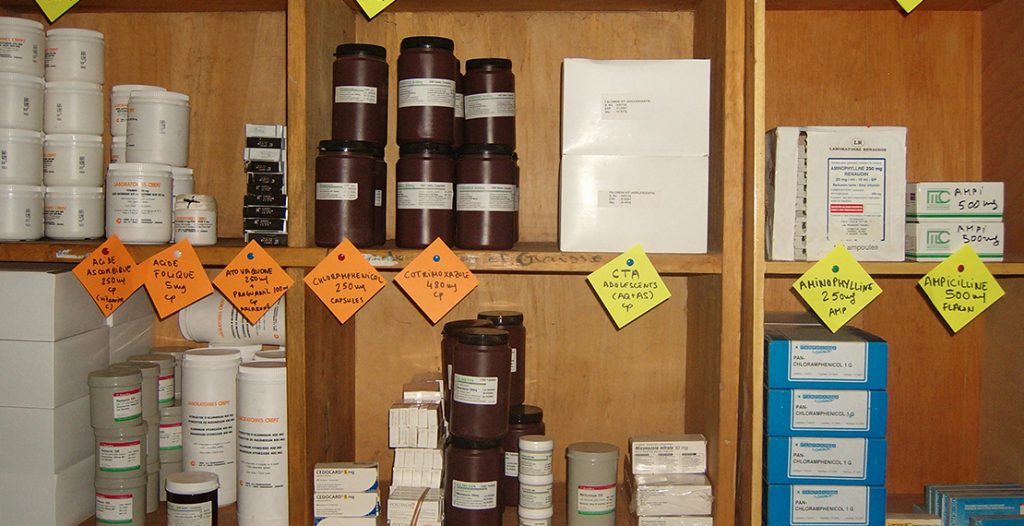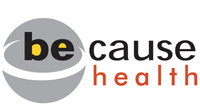
How ITM and QUAMED contribute to the goal of universal access to safe medicines
Many organisations in the field are aware of the problems, but their experience and concerns are seldom communicated to a broader community, and this indirectly contributes to the poor awareness among many policy makers and public health experts. To bridge this gap, ITM is actively engaging with QUAMED, a not-for-profit association that was started under the previous Framework Agreement between ITM and the Belgian Development Cooperation (DGD). QUAMED partners, i.e. medical NGOs and some African procurement agencies, pool resources to independently assess the quality systems of potential suppliers, so as to improve their procurement practices, and mitigate the risk of poor quality products. The information they collect is made available to the partners, in a restricted-access database.
Thanks to the scientific collaboration with ITM, and in order to transfer the operational findings to the broader public health community, secondary data derived from QUAMED’s database have been de-identified, analysed and published in the BMJ Global Health. This work was conducted in the frame of the master’s thesis of two pharmacists. In 2017, Ariadna Nebot and coll. looked at the quality systems of a sample of public or “humanitarian” pharmaceutical distributors, based in Europe or Africa and active in sub-Saharan Africa, and found some ubiquitous weaknesses in the most critical processes. In 2018, Van Assche and coll. looked at the quality systems of a sample of local private pharmaceutical distributors in 13 low- and middle-income countries, and found generally low-compliance for all the processes. Both works clearly support the call for strengthening the regulatory capacities in the South.
We hope that, by providing the scientific community and policy makers in health systems with field-rooted, evidence-based knowledge on the current weaknesses of the pharmaceutical supply chains, we can contribute to the goal of universal access to safe medicines (#MedsWeCanTrust). And, by the way …. we are looking for a new pharmacist master’s student, to continue this work!



